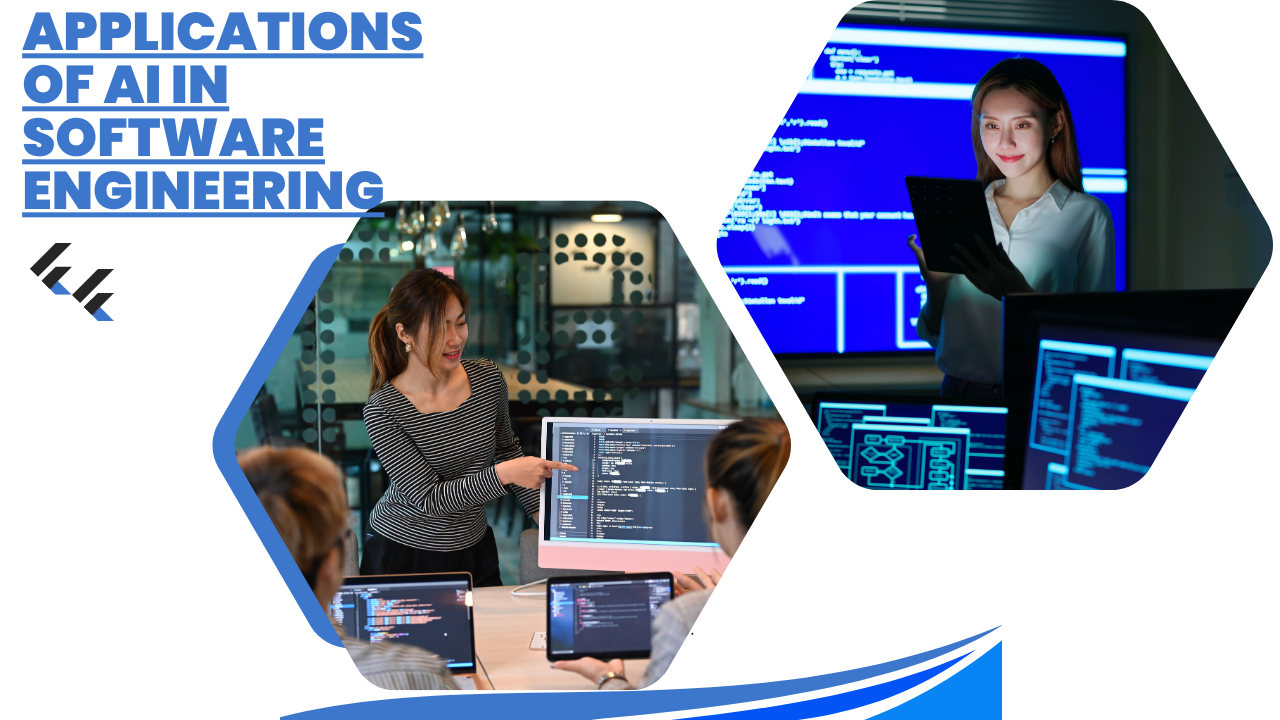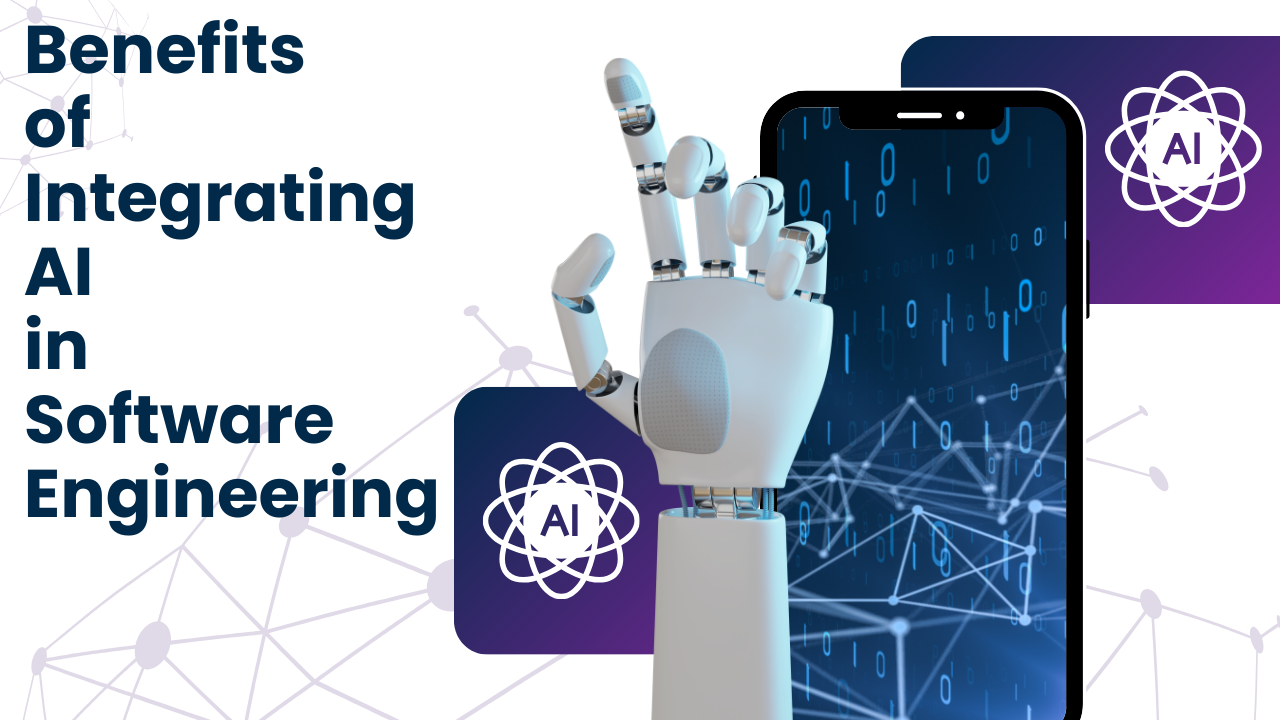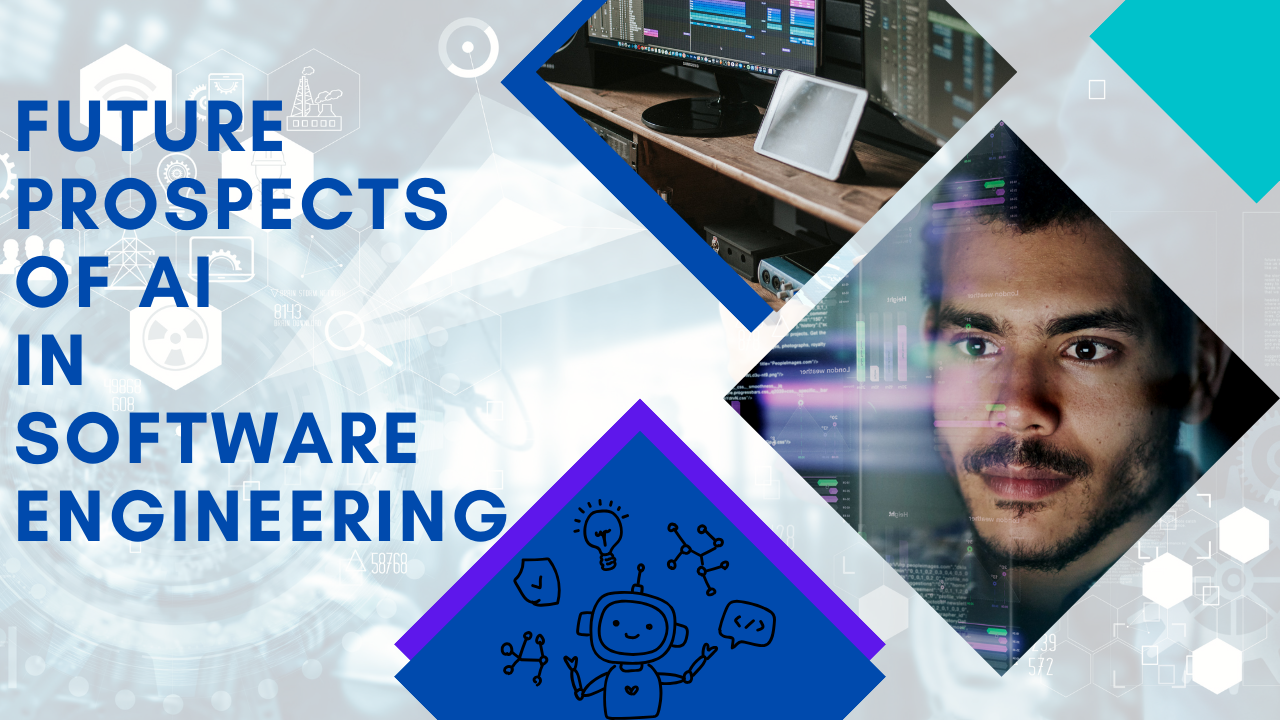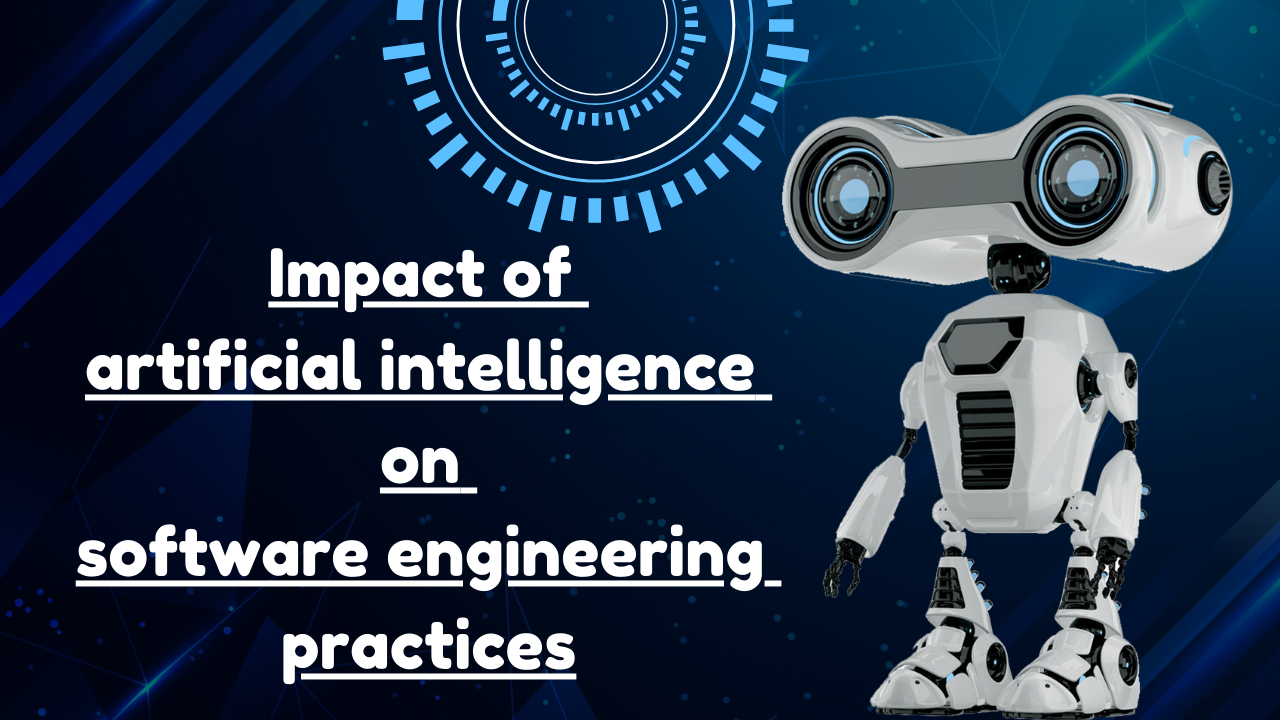Artificial Intelligence (AI) has revolutionized various sectors, and software engineering is no exception. The integration of AI into software engineering practices has not only enhanced productivity but has also transformed traditional methodologies, enabling developers to deliver high-quality software more efficiently. This article explores the profound impact of AI on software engineering practices, discussing its applications, benefits, challenges, and prospects.
Understanding AI in Software Engineering
Before delving into the specific impacts, it is essential to understand what AI means in the context of software engineering. AI encompasses a range of technologies that enable machines to perform tasks that typically require human intelligence. This includes machine learning (ML), natural language processing (NLP), robotics, and computer vision, among others.
In software engineering, AI is applied to automate processes, improve decision-making, and enhance user experiences. AI-driven tools can assist developers throughout the software development lifecycle (SDLC), from requirements gathering to testing and maintenance.
Applications of AI in Software Engineering
Requirements Gathering and Analysis
One of the earliest stages in the software development lifecycle is requirements gathering. AI can significantly enhance this process by automating data collection and analysis.
- Natural Language Processing (NLP): AI tools equipped with NLP capabilities can analyze user stories, feedback, and documentation to extract and categorize requirements. This minimizes manual effort and helps in identifying missing or conflicting requirements.
- Sentiment Analysis: AI can evaluate user feedback from various sources, such as surveys and social media, to gauge user sentiment about existing products. This information helps teams refine requirements based on user needs and preferences.
Design and Prototyping
AI tools can assist in creating software designs and prototypes, allowing teams to visualize applications before development.
- Automated Design Tools: AI-driven design tools can generate user interface (UI) layouts based on user input and best practices. These tools can suggest design elements and color schemes, streamlining the design process.
- Generative Design: In more complex applications, AI can assist in generative design, where algorithms generate a wide range of design alternatives based on specified parameters. This allows engineers to explore innovative solutions rapidly.
Code Generation and Refactoring
AI significantly impacts coding practices, making the process faster and more efficient.
- Code Completion and Suggestions: Tools like GitHub Copilot use machine learning to suggest code snippets and complete functions based on the context of what the developer is writing. This speeds up the coding process and reduces errors.
- Automated Refactoring: AI can analyze existing codebases to suggest improvements or automate refactoring tasks, ensuring that the code remains clean, efficient, and maintainable.
Testing and Quality Assurance
Testing is a critical phase in software development, and AI enhances quality assurance practices through automation and intelligent analysis.
- Automated Testing: AI can automate the creation of test cases and execution of tests, significantly reducing the time and effort required for testing. Tools can learn from previous test results to optimize future test cycles.
- Predictive Analytics: By analyzing historical data, AI can predict potential defects or vulnerabilities in the code, allowing teams to address issues proactively. This predictive capability enhances the overall quality of the software.
Deployment and Maintenance
AI’s role extends beyond development; it also impacts deployment and ongoing maintenance.
- Continuous Integration/Continuous Deployment (CI/CD): AI can optimize CI/CD pipelines by predicting the best times to deploy updates and identifying the most critical tests to run, minimizing downtime and improving deployment success rates.
- Anomaly Detection: AI-driven monitoring tools can analyze application performance in real time, identifying anomalies that may indicate bugs or security breaches. This allows for rapid response and remediation.
User Experience Enhancement
AI technologies can personalize user experiences and improve interactions with software applications.
- Personalization Algorithms: AI can analyze user behavior to offer personalized recommendations and content, enhancing user satisfaction and engagement.
- Chatbots and Virtual Assistants: AI-powered chatbots provide immediate assistance to users, improving support experiences and freeing human resources for more complex issues.
Benefits of Integrating AI in Software Engineering
Increased Efficiency
AI automates repetitive and mundane tasks, allowing developers to focus on more complex and creative aspects of software engineering. This increased efficiency leads to faster delivery of software products.
Improved Quality
With AI’s ability to analyze vast amounts of data and predict potential issues, software quality improves. Automated testing and predictive analytics help catch bugs earlier in the development process.
Better Decision-Making
AI enhances decision-making by providing data-driven insights. By analyzing user feedback and behavior, AI tools enable teams to make informed choices regarding feature development and prioritization.
Enhanced Collaboration
AI tools facilitate better collaboration among team members. For example, shared AI-driven platforms can streamline communication and documentation, ensuring everyone is on the same page.
Cost Reduction
By improving efficiency and reducing errors, AI can lead to significant cost savings throughout the software development lifecycle. Fewer defects mean less time and resources spent on fixing issues post-deployment.
Challenges in Adopting AI in Software Engineering
Despite its numerous advantages, the integration of AI into software engineering practices is not without challenges.
Data Privacy and Security
AI systems often require access to large datasets, which can raise concerns regarding data privacy and security. Organizations must ensure compliance with data protection regulations and implement robust security measures.
Skill Gaps
The successful implementation of AI tools necessitates specific skills that may not be present within existing teams. Upskilling or hiring new talent can be a significant investment for organizations.
Integration Complexity
Integrating AI tools into existing workflows and systems can be complex and time-consuming. Organizations must carefully plan and manage the transition to avoid disruptions.
Dependence on Quality Data
AI’s effectiveness is heavily dependent on the quality and quantity of data available for training models. Poor-quality data can lead to inaccurate predictions and outcomes, undermining trust in AI solutions.
Ethical Considerations
The use of AI raises ethical concerns, particularly in terms of bias and fairness. Developers must ensure that AI systems are designed to avoid perpetuating existing biases, which can lead to unfair treatment of users.
Future Prospects of AI in Software Engineering
The future of AI in software engineering appears promising, with several trends and advancements on the horizon.
Enhanced Automation
As AI technologies continue to evolve, we can expect even greater levels of automation in software development. This will lead to more streamlined processes and higher productivity.
Greater Collaboration Between Humans and AI
The future will likely see improved collaboration between human developers and AI systems. Instead of replacing human roles, AI will augment human capabilities, enabling developers to leverage AI insights effectively.
Increased Focus on Explainability
As AI systems become more integrated into software engineering practices, there will be a growing emphasis on explainability. Stakeholders will demand clarity on how AI-driven decisions are made, particularly regarding potential biases.
AI in DevOps
The integration of AI into DevOps practices will enhance automation and collaboration further. AI can optimize workflows, making it easier to manage complex systems and deliver software more efficiently.
Continued Research and Development
The field of AI is continuously advancing, with ongoing research focusing on improving algorithms, enhancing data processing capabilities, and developing new applications for software engineering.
Conclusion
The impact of artificial intelligence on software engineering practices is profound and multifaceted. From automating repetitive tasks to enhancing decision-making and improving software quality, AI is transforming how software is developed, tested, and maintained. While challenges exist, the benefits far outweigh the drawbacks, making the integration of AI into software engineering not just advantageous but essential for organizations looking to thrive in an increasingly competitive landscape. As the field continues to evolve, embracing AI technologies will be crucial for software engineers seeking to enhance their practices and deliver exceptional products.
FAQs
How does AI improve the software development lifecycle?
AI enhances the software development lifecycle by automating repetitive tasks, optimizing processes, and providing data-driven insights. It improves efficiency in requirements gathering, code generation, testing, and deployment, ultimately leading to faster and higher-quality software delivery.
What are some common applications of AI in software engineering?
Common applications include automated code completion, natural language processing for requirements analysis, automated testing, predictive analytics for defect identification, and AI-driven design tools that assist in creating user interfaces and prototypes.
What challenges might organizations face when integrating AI into their software engineering practices?
Organizations may encounter challenges such as data privacy concerns, skill gaps in the workforce, integration complexity with existing systems, dependence on high-quality data, and ethical considerations related to bias and fairness in AI models.
Can AI replace software developers?
While AI can automate certain tasks and enhance productivity, it is not likely to replace software developers entirely. Instead, AI will augment human capabilities, allowing developers to focus on more complex and creative aspects of software engineering while AI handles routine tasks.
What is the future of AI in software engineering?
The future of AI in software engineering is expected to involve increased automation, improved collaboration between humans and AI systems, a focus on explainability and fairness, further integration into DevOps practices, and ongoing research to advance AI technologies in development processes.
